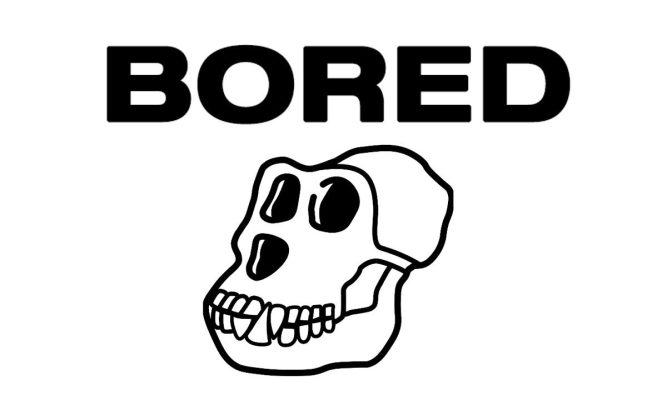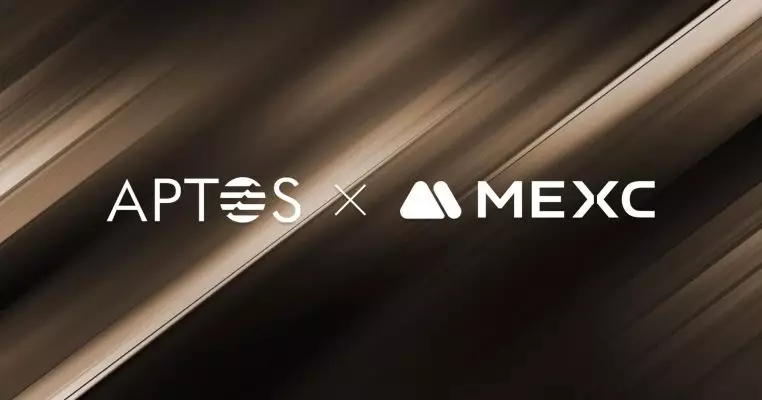District0x is a very interesting and relatively young project that’s starting to capture more and more headlines as of late. The project’s main goal is to create a new framework for online commerce with the help of decentralized marketplaces and online communities.
These decentralized marketplaces and online communities are called “districts,” just as the project’s name. Another goal of District0x is to provide non-technical users with a user-friendly interface which allows them to create their own decentralized marketplaces and communities without the need to spend money.
More about “districts”
As mentioned before, the districts are a fundamental part of the network. They are built off the d0xINFRA open source framework (the core component comprised of Ethereum smart contracts and front-end libraries) and exist within the network as DAOs (Decentralized Autonomous Organizations). It’s worth noting that the framework was designed from the ground up to be open-source to allow extensibility. In short, every district can improve upon its basic functionality with the help of unique modules.
To put it as simply as possible, every marketplace or online community created within the network is considered a district. One unique aspect of the project is the fact that districts are completely autonomous. This means that districts are capable of posting, listing, searching, filtering, or invoicing and process payments, as well as having its own ranking and reputations.
Besides Ethereum that gives smart contract functionality (among others), the network is also powered by IPFS and Aragon. The latter is responsible for providing governance for the entire network while the IPFS provides a practical and secure file storage solution.
Currently, only the District0x team can create districts. However, plans include the possibility of providing this right to all District0x users.
Team
As one might expect from such a complex blockchain-based project, the development team behind District0x is also decentralized. District0x is the brainchild of Matus Lestan, a freelance developer with well over a decade of experience working within the Clojure-Ethereum ecosystem. Another big name within the team is that of Joe Urgo, the lead operation manager at d0xINFRA Labs and founder and CEO of Sourcerers.io.
DNT Token
The DNT Token (District0x Network Token) holds a special place in the District0x network, and its main role is that of providing its holders and members with the right to make decisions regarding the governance of various districts. Just like one can imagine, the more DNT a user has, the more voting rights he or she has.
The circulating supply is of 600,000,000 DNTs out of a total supply of 1,000,000,000 DNT. Currently, the DNT token is ranked 278th on CoinMarketCap, and it currently sells for $0.011771 which is well under its all-time high of $0,40 reached on January 2018. Even though it’s still not yet what may be regarded as a popular token, the DNT token is available on various exchanges such as Binance, ABCC, Mercatox, Coinbase Pro, Bittrex, and UpBit. The DNT is an ERC-20 token meaning that it can be stored on most ERC-20 wallets such as MyCrypto, MyEtherWallet, or the more versatile MetaMask.
Examples of Relevant Districts
There are currently only three districts created on District0x, namely Ethlance, Name Bazaar, and Meme Factory. Launched in January 2017, Ethlance is the first-ever district to have been created, and it’s a decentralized job marketplace mainly intended for freelancers. Name Bazaar, the network’s second district was added in October 2017, and it’s designed to be a peer-to-peer marketplace for buying and selling names registered on the Ethereum Name Service. The most recent district is Meme Factory, and it’s a marketplace where users can create custom tokenized memes and offer them for sale.
We also recommend: District0x Price Prediction
Conclusion
Even though District0x has various interesting aspects behind it, the development process has been a bit on the slow side of things. Nevertheless, the team seem to be very passionate about their work and have a good level of engagement with the community.
The team plans to add five new districts to the network’s current roster in an effort to increase the user base. The network’s v0.3 is expected to arrive anytime soon, and it will include the five new districts, the deployment of staking and governance modules, the possibility to extend districts via auxiliary modules, and the deployment of auxiliary module directory.
For more information regarding future developments, users can use the platform’s official blog section.
Image Source: district0x.io




